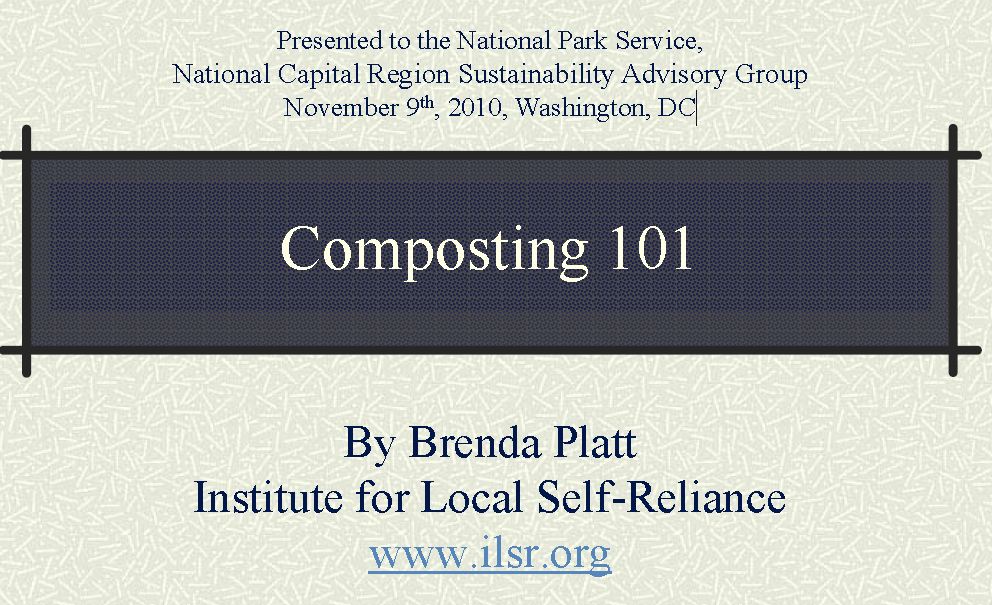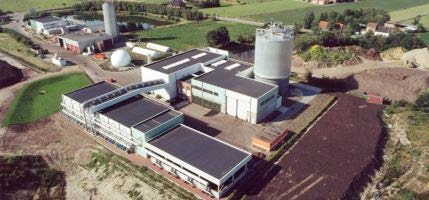New York State is focusing on Extended Producer responsibility to get materials out of the waste stream. But the state is ignoring the most obvious way to reach high rates of diversion, eliminate incineration of garbage.
EPR is Good
EPR is a critically needed complement to comprehensive recycling/composting and economic development. But, an EPR resolution and law are not panaceas. EPR rules have to be crafted carefully so that they do not put the local economy at a disadvantage.
- By making reusable/repairable products available to corporate giants for shredding rather than refurbishing, parts salvage and careful alloy segregation; thereby reducing products to their lowest value as mere materials.
- By removing these valuable products and materials from the local and regional economies and, most likely, ship them off to Asia.
- By non-enforcement of laws, which puts repair and refurbishing companies at risk by cutting, them off form their supply of inventory. This is happening in at least one region in Canada.
- By sending EPR materials (pharmaceuticals) to incinerators instead of reusing this valuable resource.
Localism is essential for reducing the environmental footprint of cities and towns, as well as building sustainable economies.
EPR, with local and green guidelines, should be pursued vigorously.
In the Meantime Stop Incineration
In order to spring forward with high levels of diversion through recycling and composting immediately, New York State has to stop incineration. Although it is the official policy of state planners to avoid incineration, there has been no change in the reality at the local level. The lack of attention to the situation is stunning given the financial disasters and environmental losses that incinerators impose on the state.
Here is what is happening:
- Counties do not undertake financial due diligence which would reveal structural flaws in waste authorities and facilities management. The resulting contracts have saddled counties with hundreds of millions of dollars of needless expenditure and, now unforgiving debt.
- Best Available Control Technology (BACT) was ignored. This approach requires that if a discarded material can be recycled or composted, it should not be burned, because any burning is bad for the environment. Einstein said it differently. ” A smart person solves a problem. A genius avoids a problem.”
- Cities, towns and counties in NY State have single digit recycling levels because they have incinerators. These incinerators are technical and financial failures threatening the viability of county economies in Duchess, Washington and Warren Counties. Yet they keep these counties from the economic stimulation of vibrant recycling and composting companies.
These upstate communities are starved for money. The incinerators are hemorrhaging dollars and causing economic pain throughout the region.
The New Governor
The new governor should immediately freeze all permits for proposed incinerators. Then follow up with these measures:
- Bring the incinerator authorities in Onondaga, Washington, Warren and Duchess Counties to a summit to plan the phase out of the facilities and simultaneously invest in recycling a composting.
- Require Albany and Orange Counties to do financial due diligence and make specific plans to divert as much material from the waste stream as feasible under a BACT approach.
- Transform the existing waste authorities into Waste Reduction and Recycling Authorities. Alameda County, CA established one 20 years ago. Citizens voted to have the county cancel a planned incinerator and create an investment fund to invest in private and public enterprises. Since the implementation well over 1,000 jobs have been created in the city of Oakland alone.
- Issue county bonds to cover the costs of this transition. These bonds will actually pay for themselves in 10 years as the current deficits and costs from incineration will be phased out in 5 years. New companies will take raw materials out of the waste stream; add value and jobs while reducing the cost of handling garbage. The companies and their workers will pay taxes.
- Create simple rules that charge households for garbage and collect recyclables for free. Models abound.
- Establish green and zero waste procurement by government agencies and all government contractors. This supports the local and regional recycling and compost markets.
- Train a new generation of facility resource managers through community college certificate and four-year college degree programs.
Act Now
The current situation is both critical and ridiculous.
In Duchess County they now have a small incinerator that requires ever increasing subsidy to cover costs not met by energy sales and tip fees; $6 million deficit this year, an increase from $1 million annual deficit a few years ago. The county is proposing to build a bigger incinerator.
Washington-Warren Counties are in a fire sale to sell off their old incinerator, which is a declining asset as each month goes by. When the private sector buys it, the counties will continue to pay for it through tip fees.
In Orange County, the DEC is being asked to give a permit to a gasification facility. Yet critical information about the system is not made public. The manufacturer insists that there Is no pollution.
The capital city, Albany, just expanded its landfill. Now it is proposing a regional incinerator. For a fraction of the planned cost, a recycling and composting system would divert the same amount of materials as the incinerator, add value to them and create hundreds of jobs.
Upstate New York, where all these incinerators are located, boasts excellent C&D recyclers, mattresses recyclers, composters, glass recyclers, building deconstruction specialty companies, and more. These companies, and new rules and incentives, which drive the materials to them, enhance the local economy. Landfill and incinerators drain the local economy through payments to absentee owners, limited job potential and lost value of raw materials.
The folly should not continue. The people in New York simply cannot afford it.
ILSR leads workshops in upstate NY for stakeholders working to revitalize the local economy by starting and expanding reuse/repair, recycling and composting enterprises.




